At first glance, The Bear might seem like just another gritty kitchen drama—but beneath the loudness, noise and stress is one of the best explorations of leadership, teamwork, and the pursuit of excellence I’ve seen on screen. Whether you’re running a fine-dining restaurant or leading a tech team, the same ingredients show up: relentless attention to detail, a culture of trust, and the unglamorous but vital effort behind every great outcome.
As someone who works in a fast-paced, detail-driven environment, I saw The Bear as more than entertainment. I saw it as a mirror—sometimes uncomfortable, sometimes inspiring. Here are some of the lessons I took from the show, and how they echo what we’re building as a team.
Psychological Safety Unlocks Innovation
Carmy and Syd’s Evolution – Seasons 1 & 2
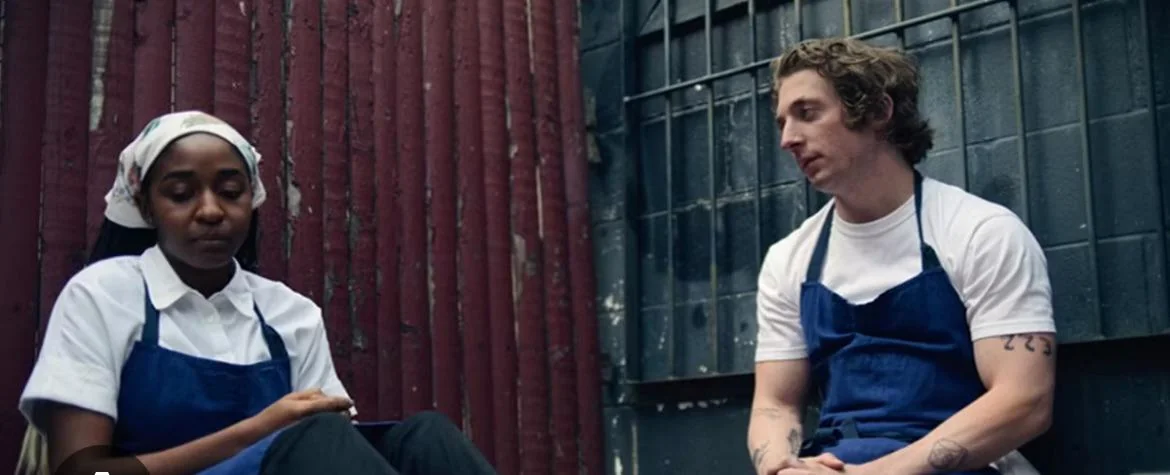
When Sydney joins the kitchen, she brings vision, creativity, and ambition—but her relationship with Carmy is rocky. They talk at each other more than with each other. They don’t yet know how to collaborate.
Over time, they begin to share vulnerability, give real feedback, and align around something bigger than themselves. That’s when the food—and the team—starts to improve.
We can’t do great work without a culture of trust. That means it’s safe to question decisions, admit mistakes, give feedback, or take creative risks. Without that foundation, even the most talented teams stagnate.
Takeaway: Great leaders create space, not pressure. And great teams speak the truth, not just what’s easy.
Teamwork Means Taking Care of Each Other
Marcus and Tina, Season 2
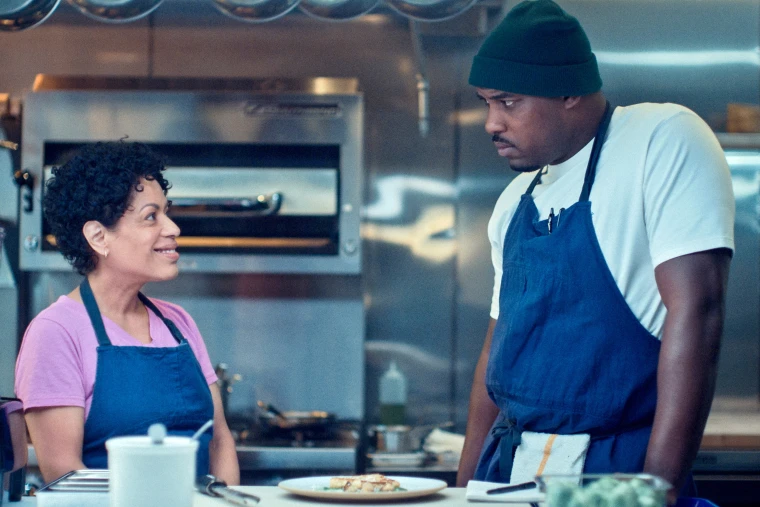
In Copenhagen, Marcus trains under a world-class pastry chef who teaches him not just technique, but humility. Back in Chicago, Tina—who once resisted change—is now thriving as a mentor and a leader.
What stands out is how often characters show up for each other: teaching new skills, covering for someone, offering an encouraging word at just the right time.
High-performing teams don’t just share goals—they share care. They mentor, they pitch in, they check in. They assume positive intent. That energy compounds.
Takeaway: Great teamwork isn’t just efficient—it’s generous. It’s about making others better, not just getting things done.
Teamwork is Choreography
Richie at Ever – “Forks”. Season 2
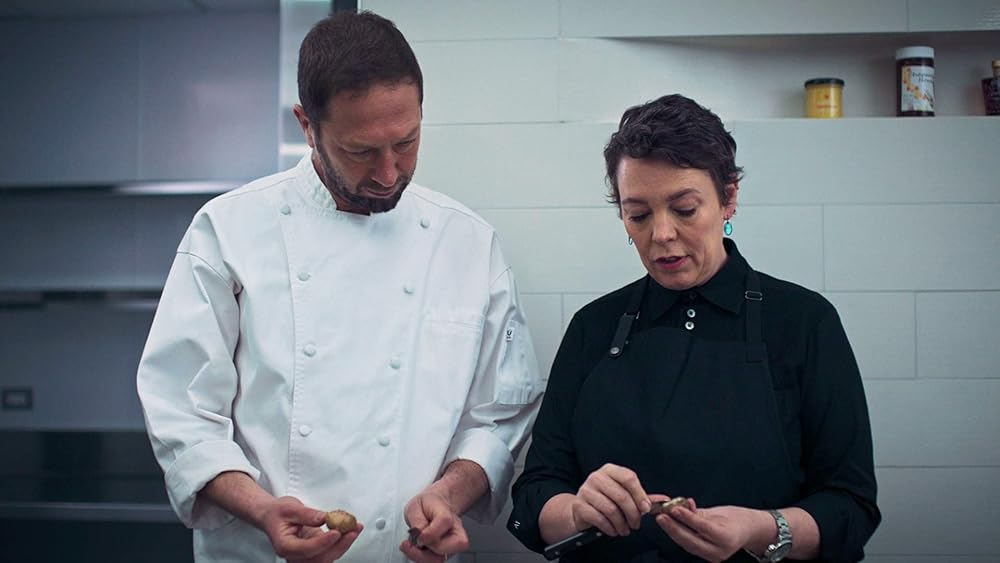
One of the most transformative episodes features Richie staging at a Michelin-starred restaurant. What he experiences isn’t just operational efficiency—it’s flow. Every person knows their part. Every transition is seamless. The result isn’t just a meal—it’s a performance.
This is what it feels like when a team is in sync: engineering anticipates what product needs. Design hands off cleanly. QA catches issues before they become problems. People check in, hand off, and jump in without being asked. It’s not just that the work gets done—it feels cohesive.
Takeaway: Choreography takes practice. The more we work together, the tighter we become. And the tighter we are, the more effortless greatness feels.
Pride is a Performance Multiplier
Richie’s Transformation Arc, Season 2
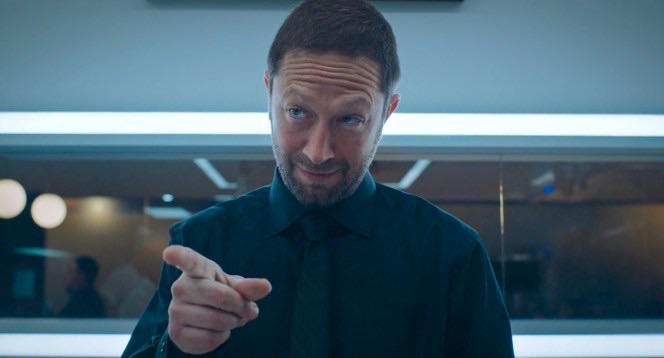
Richie’s journey from a loud, lost presence to a polished, purposeful one is subtle but powerful. At Ever, he realizes that excellence isn’t about ego—it’s about intention. He starts dressing with care, arriving early, learning every detail of the service. He finds dignity in showing up well for others.
The difference between “doing your job” and “taking ownership” is pride. It’s the person who documents for the next team, who builds alerts before someone asks, who sweats the edge cases. They aren’t chasing credit—they’re honoring the work.
Takeaway: When people take pride in their work, it elevates the whole system.
Mastery Requires Obsession
Season 3, Episode 1 – Opening Montage
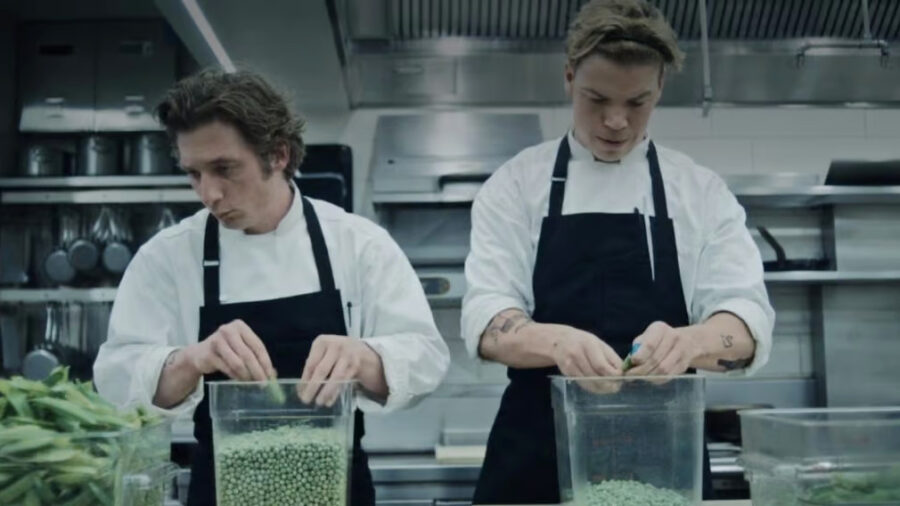
Season 3 opens with a wordless montage showing Carmy’s journey through some of the world’s best kitchens. The sounds of precision—blades slicing, pans sizzling, spoons tapping—speak louder than any dialogue. You see his craft being honed over time, through repetition and discipline.
This isn’t the chaos of early episodes. It’s control, intentionality, and focus. It’s a study in deliberate practice.
In the workplace, great work—whether in data, engineering, product, or ops—is rarely spontaneous. It comes from well-established habits, documentation, quiet focus, and small improvements over time. Mastery doesn’t emerge during the sprint review; it builds during the hours of thoughtful setup and review beforehand.
Takeaway: Being great at what you do means caring about the process—every cut, every choice, every commit.
Systems Create Freedom
From chaos to control – All seasons
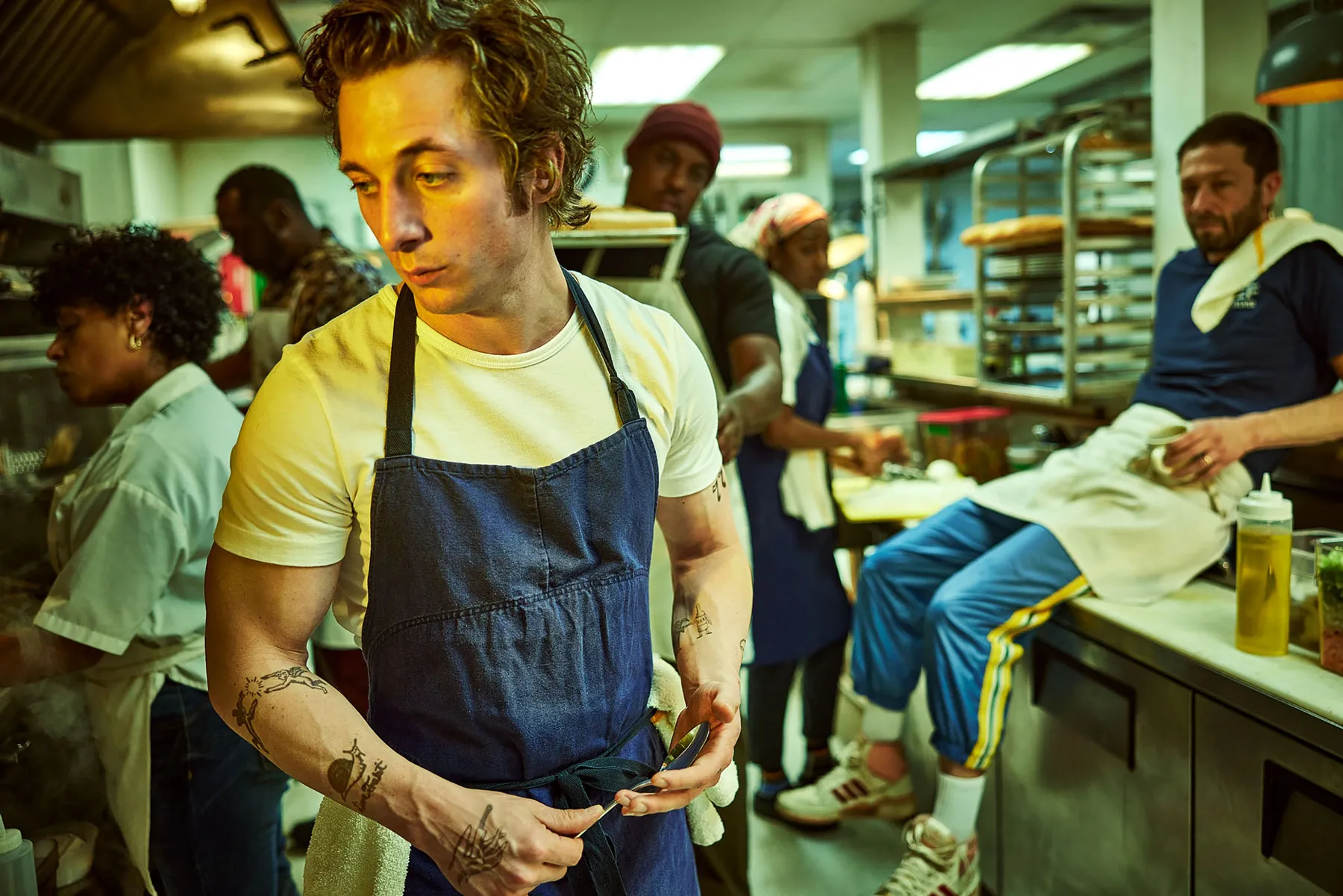
The early episodes are defined by chaos—broken processes, clashing personalities, unclear roles. But slowly, structure begins to emerge: mise en place, pre-shift meetings, clear responsibilities. These systems don’t kill creativity—they enable it.
Clear rituals and workflows—whether sprint planning, code reviews, retros, or post-mortems—are the scaffolding that let us focus on the real problems. We don’t need to think about how we’ll work; we can focus on what matters.
Takeaway: Structure isn’t bureaucracy. It’s respect—for each other, and for the work.
Closing
The Bear isn’t a story about perfection—it’s a story about the messiness behind meaningful work. About how hard it is to build something new. About how much energy it takes to care deeply and how much trust it takes to work in sync.
We’re not in a kitchen, but we are in the business of execution under pressure, of detail-driven craft, and of shared ambition. The more we trust each other, respect the work, and stay open to growth, the more we’ll look like the teams that dance instead of stumble.
So, let’s keep dancing!
Image Credit: Stills from The Bear are used under fair use for commentary and educational purposes. All rights belong to their respective copyright holders.
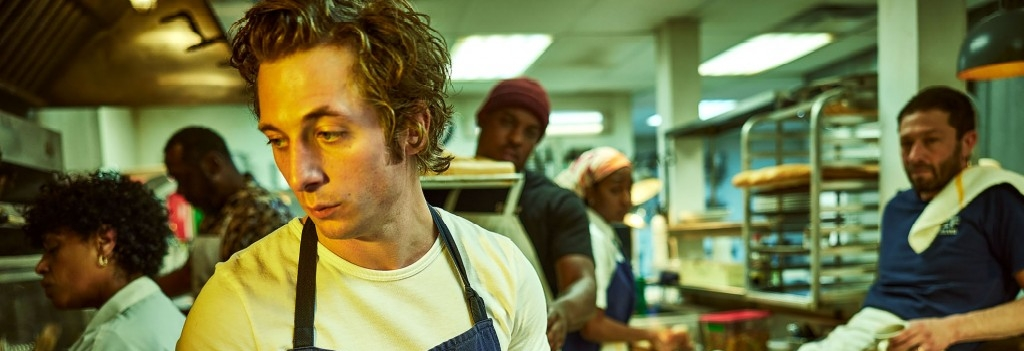
Nicely done review. 🙂 I really enjoyed The Bear, had similar thoughts as you write here, but certainly didn’t think them through to the extent you did!